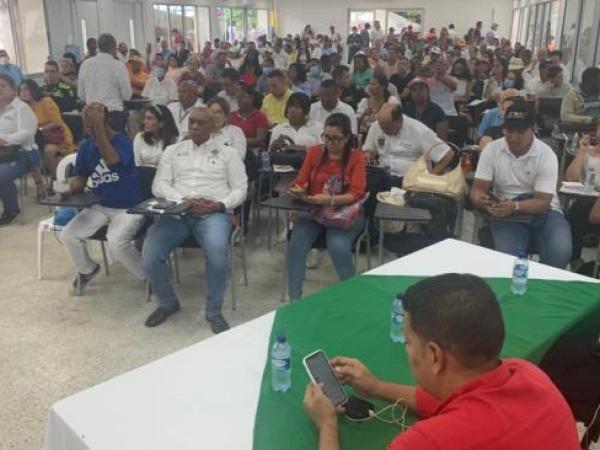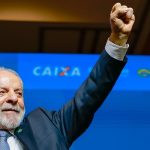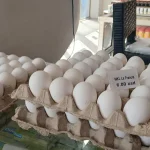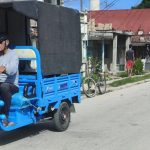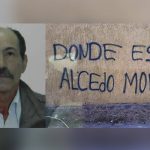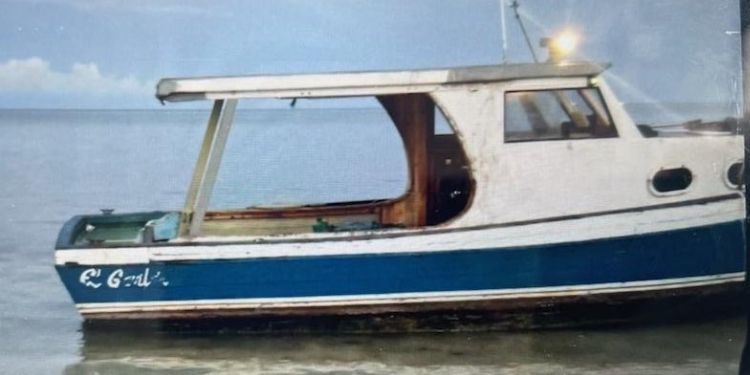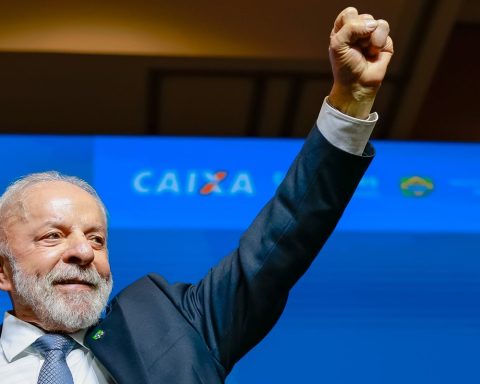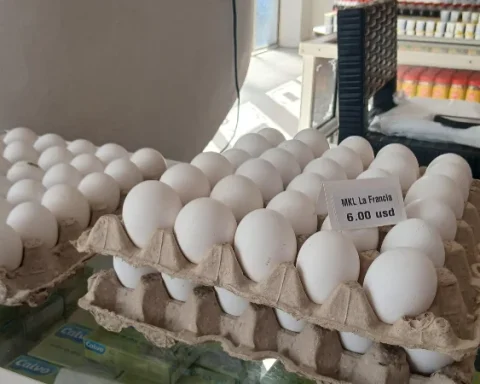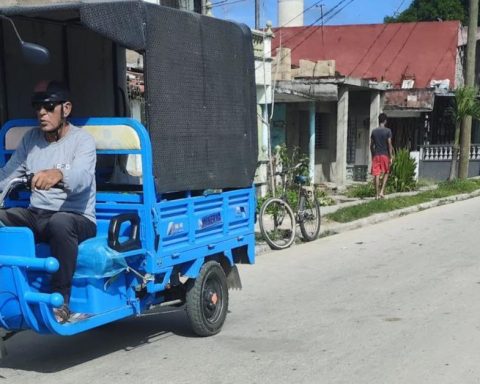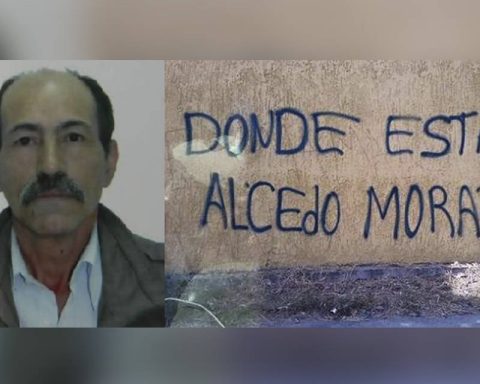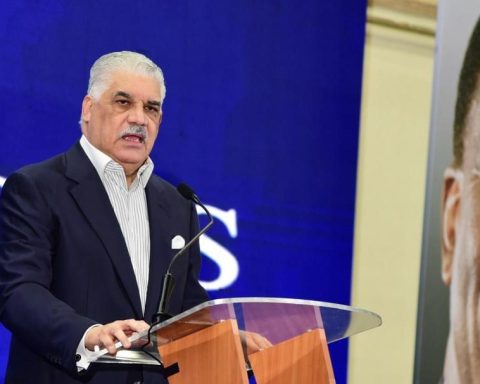The first meeting of the Binding Regional Dialogues promoted by the National Government for the National Development Plan 2023-2026 It took place at the educational institution Crisanto Luque, in the municipality of Turbaco, in the north of Bolívar.
At the meeting, in which he did not participate President Gustavo Petro who canceled his agenda due to health problems, the community expressed the main problems of the territories.
(See: Regional dialogues, the Government’s plan to meet needs).
1,500 people participated and registered from 22 municipalities of three departments (1 from Sucre, 5 from Atlántico and 16 municipalities from Bolívar). And the meeting had a central table and 25 themes.
Each table had a moderator and an official who took the reports and received the written petitions from the citizens.
Citizens had two minutes to present their ideas. At that time, they talked about the problems they have highlighted, the urgent needs and possible solutions. always with a focus on their communities and region.
Despite the fact that the list of requests that came out from the different tables were many, from rural aqueducts, community solar farms and even universities for the countryside, there were common themes that captured the attention of this first dialogue, of 50 that the Government has scheduled for the whole country.
One of the common themes at the meeting was the fight against hunger in Cartagena.
(See: The doubts that the country’s businessmen have about Petro’s tax).
“We propose to eradicate famine in the capital of Bolívar through the fiscal use of the land owned by the District on the island of Tierrabomba. If the District sells these lands to private parties, they could mean close to 5 billion pesos for the city. These resources must go to a bipartite Government and District fund to combat hunger”, said Bernardo Ramírez, from the Bolivarian movement with Petro.
“We propose to President Petro that he create the national water agency: Petro has said that Colombia is a world water power, but it turns out that this resource is regulated by different ministries, but it must have a government entity that regulates it”, proposed the lawyer from Cartagena, Germán Viana.
Another topic that was touched upon was that of promoting a productive development for the communities that are on the banks of the Canal del Dique. This project, named ‘Agricultural, Livestock, Fish Farming and Ecotourism Development Pole’ was presented by José Luis Simancas.
(See: What is known about the gasoline subsidy that they would create for motorcycles).
“The idea is that people can develop their food sovereignty. There is a lot of talk about the locks and modern machinery, but first you have to think about the people, which is why I deliver this project“, he pointed.
In total there will be 50 meetings of the Binding Regional Dialogues.
The national councilor for the regions, Luis Fernando Velasco, made an assessment of this first meeting.
(See: From September the price of energy would drop: how much would the reduction be).
“The advantage of these dialogues is that the mayors and the communities are in contact with the responsible senior officials at the national level. Not only are mega-projects important, which will have to be done in due course, we must also work with the towns, hire local people and thus generate employment. These are common sense things that we are discussing here“, said.
During the day, the Cartagena movement without tolls blocked the Troncal de Occidente demanding the definitive closure of the Turbaco and Cartagena tolls.
And there was also criticism from participants who traveled several hours.
“There were no guarantees to participate, there was no transportation or food, or security for the social leaders”, said Berenice Rosales, who came from the northern part of the municipality of San Onofre (Sucre).
(See: The government’s gross debt reached 59.1% of GDP in August).
The next meetings will take place on September 26 at the Carmen de Bolívar, Aguachica (Cesar) and Popayán, in Cauca.
JOHN MONTANO
Correspondent of THE TIME
In Cartagena
On Twitter: @PilotodeCometas
